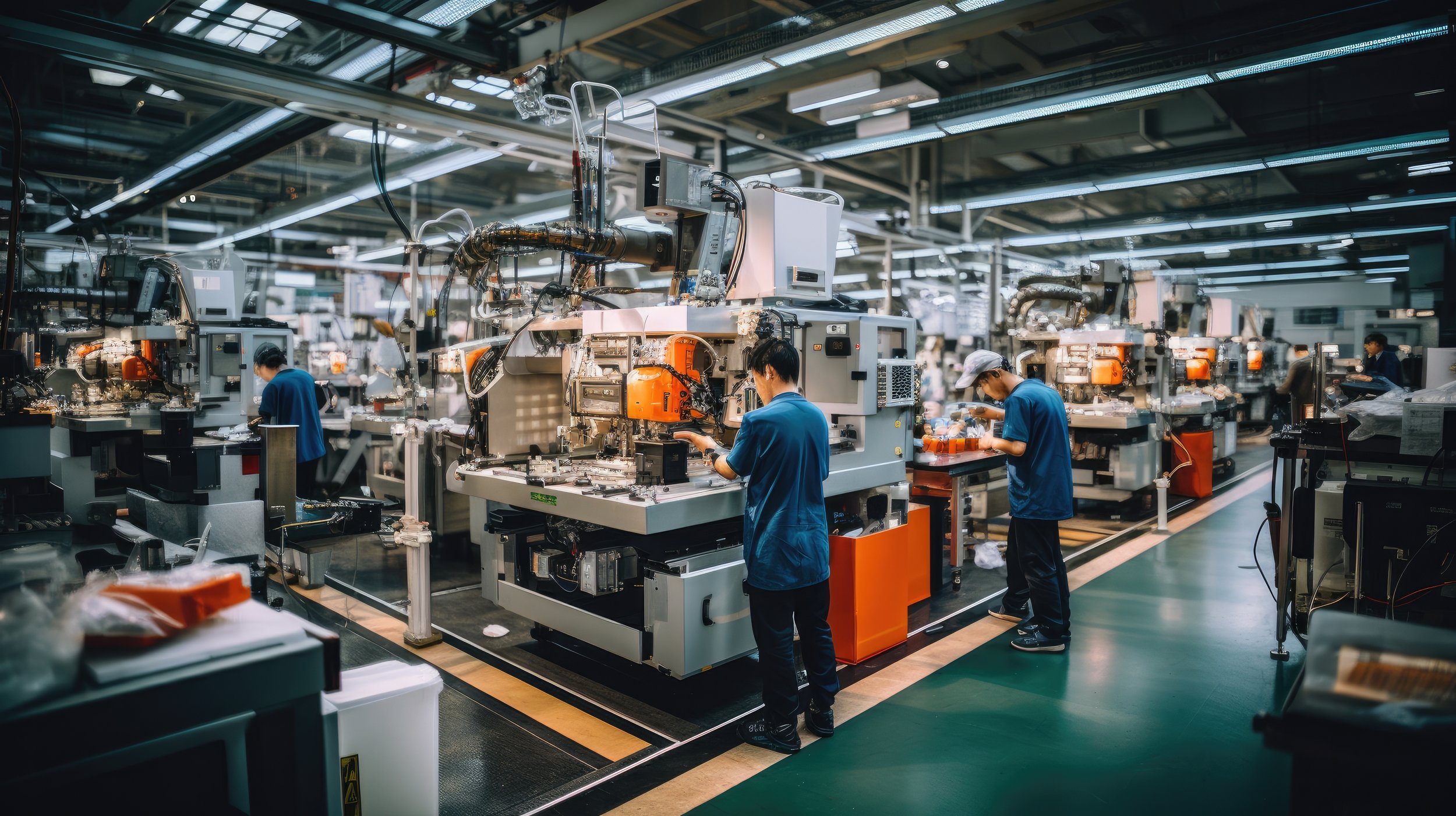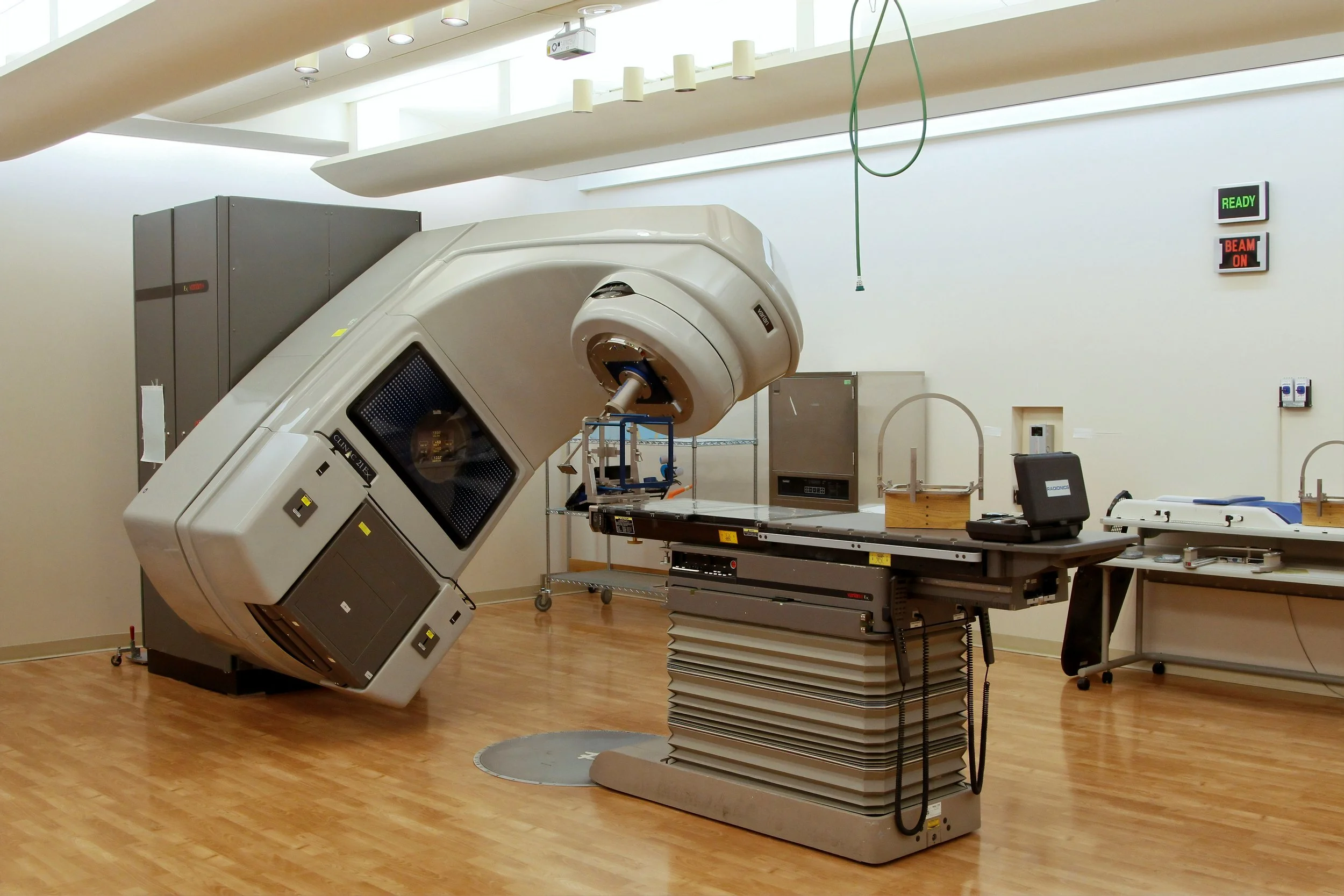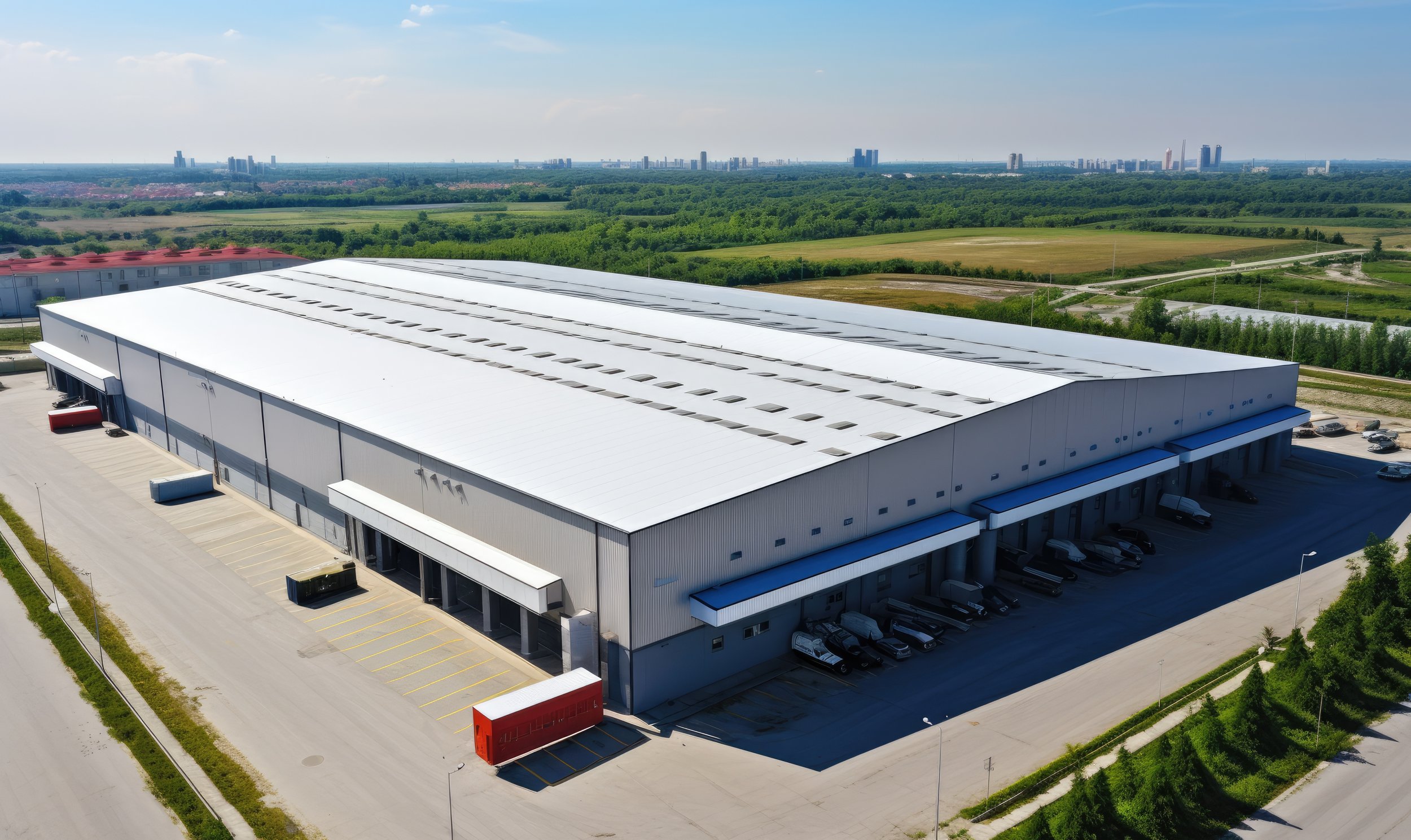
Energy Audits for
Manufacturing
Get in Touch
Energy Use in Manufacturing
Manufacturing is one of the most energy-intensive sectors, as factories require large amounts of power and fuel to drive their production processes. In a typical manufacturing plant, energy is used across a variety of utilities and processes: process heating (generating steam, hot air, or direct heat for production), cooling and refrigeration (for processes and preserving products), compressed air for pneumatic tools and controls, motors driving machines and conveyors, and lighting for large production floors and warehouses. Often, a single process or piece of equipment in the plant (for example, a blast furnace, an injection molding machine, or an oven) consumes a bulk of the energy, making it critical to ensure that this process operates as efficiently as possible without wastage. Despite the significant energy consumption, many manufacturers do not closely monitor how external factors – such as weather conditions, production volume changes, or equipment aging – affect energy usage. This lack of granular tracking can lead to inefficiencies and missed opportunities for energy conservation. A key insight in manufacturing is that saving energy doesn’t require compromising on production speed or product quality. With the right technologies and process optimizations in place, manufacturers can reduce energy consumption while maintaining the same output levels. Global industry data shows that improving energy efficiency will reduce energy bills and emissions substantially without compromising productivity, affirming that energy efficiency and high productivity can go hand in hand when approached strategically.
Challenges in Manufacturing Energy Efficiency
Manufacturing plants commonly struggle with several energy-related challenges:
Multiple Energy Systems to Manage: Manufacturing relies on a variety of utility systems – including steam boilers, hot water generators, chillers and cooling towers (chilled glycol or water for cooling), ammonia refrigeration systems (especially in food processing), compressed air networks, hydraulic systems for heavy machinery, and extensive lighting. Each of these services is crucial for production (e.g., steam for process heat, compressed air for actuators, etc.) and each can be a major energy consumer. Managing all these different systems efficiently requires broad technical expertise. Often, a central process in the plant (like a kiln or a chemical reactor) consumes the bulk of the energy, and many supporting systems are built around it.
Lack of Real-Time Monitoring: Despite high energy use, many manufacturers have limited metering in place. They might see the total power bill but not know which line or process is using how much. This can obscure how factors like weather (a hot day raising cooling costs, or humidity affecting drying energy) or production fluctuations (running a machine at partial load vs. full load) impact energy consumption. Without detailed monitoring, inefficiencies can persist unnoticed – for example, if one shift uses equipment less efficiently than another shift, or if energy use per unit of output has been creeping up over the years due to equipment wear.
Aging Equipment and Infrastructure: Industrial machinery can have very long lifespans, and many plants run equipment far beyond its original design horizon. Aging motors, pumps, and furnaces often become less efficient over time due to wear (e.g., a pump’s impeller eroding) or because newer technology is simply better. Similarly, older factories may have original insulation, windows, and building ventilation that are subpar by modern standards, leading to higher heating or cooling needs around production areas.
Process Integration and Waste: In complex manufacturing, one process’s waste can be another’s input – but only if systems are integrated. A common challenge is under-utilized waste heat: for instance, an exothermic reaction or oven produces heat that gets vented out, while elsewhere in the plant, fuel is burned to generate heat for a different step. Without integration (like heat recovery loops), energy is wasted. Another example is compressed air misuse: using high-pressure compressed air for tasks that could be done with lower-energy methods (like blowing off debris with air instead of using a blower or vacuum) is a waste many plants don’t realize.
Maintenance vs. Production Pressure: Manufacturers often prioritize uptime and output. This can lead to deferred maintenance of energy-related systems (like cleaning heat exchanger surfaces or fixing small steam leaks) because taking equipment down for maintenance might disrupt production. However, as maintenance is delayed, energy efficiency can degrade significantly (fouled heat exchangers, for example, can use much more energy to achieve the same heating/cooling). This dynamic between keeping production going and stopping to tune systems is a real challenge, especially in facilities running at near full capacity.
Opportunities for Energy Efficiency
Manufacturers have several promising strategies to cut energy costs:
Energy Monitoring and Targeting: Implementing sub-meters on key processes or equipment is a foundational opportunity. By measuring energy (electric, gas, steam) at a granular level, manufacturers can establish energy performance indicators (like kWh per unit produced) and identify anomalies. For example, an energy audit might reveal that one production line uses 20% more energy per product than a twin line doing the same work – indicating a problem like worn-out equipment or different operating settings. Monitoring also helps correlate energy use with production schedules, revealing opportunities such as shutting off certain machines during breaks or optimizing start-up/shutdown sequences.
Process and Equipment Upgrades: Many manufacturing plants can upgrade specific process technologies. For instance, induction heating might replace resistance heating or gas burners in certain applications to improve efficiency and control. In plastics manufacturing, modern all-electric injection molding machines are often more energy-efficient (and precise) than older hydraulic models. In metal fabrication, switching to efficient electric annealing furnaces or using regenerative burners in high-temperature furnaces can drastically cut fuel use. Sometimes even a minor tweak, like improving molds to require less cooling time (thus less chilling energy), can impact overall energy usage. When considering equipment upgrades, targeting the central energy hogs (e.g., the largest motors or heating systems) usually yields the biggest wins.
Heat Recovery and Reuse: As highlighted earlier, waste heat recovery is crucial. Many manufacturers can install economizers on boiler stacks to recover heat for preheating boiler feedwater. Others can capture heat from hot process fluids or air and use it elsewhere – for example, using hot air from a kiln to pre-dry materials before they enter the kiln, or using warm water from a process to preheat cold incoming water for another step. In some cases, absorption chillers can use waste heat (like steam or hot water) to produce chilled water, effectively converting waste heat into useful cooling (common in food/beverage or chemical plants where both heating and cooling are needed). Thermal storage is another tactic: for instance, making ice or chilled water at night (when power is cheaper or when waste heat can be used in an absorption chiller) and then using it for cooling during the day.
Optimizing Utilities (Steam, Air, Water): Each utility system offers efficiency opportunities. Steam systems benefit from insulating pipes and valves, regularly checking steam traps (a failed trap can blow steam straight into the condensate return or atmosphere, wasting energy), and using flash steam recovery systems. Compressed air systems benefit from a thorough leak repair program (leaks can waste 20-30% of generated air) and from eliminating inappropriate uses of compressed air (like using it to cool people or equipment instead of a fan, or to move product instead of a conveyor). Pumping systems (for water, chemicals, etc.) can be optimized by trimming pump impellers or using VFDs where full flow isn’t always needed – a pump running at half flow on a VFD might use much less than half the energy. Also, upgrading piping to reduce pressure drop can allow pumps to run at lower speeds for the same flow.
Power Management: Manufacturing facilities can often participate in demand response or peak load management programs. By slightly adjusting production schedules or temporarily reducing non-critical loads, they can avoid peak pricing or get payments for helping the grid. For example, a cold storage in a food plant might precool a few degrees prior to a peak afternoon period and then coast without running compressors for an hour or two during the peak, saving on demand charges. Similarly, heavy batch processes might be scheduled not to all start at the top of the hour – staggering them can result in a lower peak demand. Where processes allow, shifting some energy use to off-peak hours (night or weekends) can reduce costs if time-of-use tariffs are in place. Installing power factor correction equipment ensures that the plant minimizes reactive power draw, thus avoiding utility penalties and marginally reducing I²R losses in the electrical system.
By capitalizing on these opportunities – improved monitoring, modern technology, waste-heat utilization, and smarter process control – manufacturers can substantially reduce their energy costs while maintaining high productivity and product quality. Many companies find that energy efficiency projects often pay for themselves quickly, and thereafter contribute to lower operating costs permanently, effectively acting as a productivity improvement. Additionally, reducing energy use per unit of output can be a competitive advantage, allowing manufacturers to market their products as more sustainably produced (which is increasingly valued in many industries, from automotive to consumer goods).
Benefits of Energy Audits for Manufacturers
For manufacturing businesses, an energy audit acts as a tailored roadmap to energy savings and performance improvement. Our audits examine every major energy-consuming aspect of the plant, from the production floor to the facility utilities. We measure how external factors (like seasonal temperature changes or humidity) affect energy use and product outputs, highlighting, for instance, if a factory uses noticeably more electricity on very hot days due to cooling systems – and identify what can be done about it (such as improving insulation or adding evaporative cooling for compressors). We also analyze operational data to see if energy use per unit of product is higher than industry benchmarks or if it has been creeping up over time, indicating growing inefficiency or equipment wear.
The recommendations from a manufacturing energy audit often include a mix of quick wins and long-term investments. Quick wins might be things like correcting compressed air leaks, recalibrating thermostats in storage or process areas, or implementing an employee training program to shut down machines when idle. These actions can start saving energy immediately with little or no cost. Longer-term recommendations could involve capital projects such as upgrading to more efficient equipment (e.g., replacing an old boiler with a new high-efficiency model, or installing a heat recovery steam generator on an exhaust), or integrating renewable energy (like putting solar panels on that large factory roof space that’s currently unused). Each recommendation is accompanied by an analysis of its impact on energy costs and payback period, enabling manufacturers to make informed decisions aligned with their financial planning and production scheduling.
Crucially, our audit process is collaborative – we consider the manufacturer’s production goals and constraints. This means scheduling any suggested changes or retrofits during planned maintenance shutdowns or slow seasons to minimize disruption. It also means prioritizing measures that have zero impact on production (or even positive impact). For example, if we recommend a variable speed drive on a motor, we do so knowing it will actually reduce mechanical stress and potentially extend the motor’s life, thus aiding maintenance. If we suggest recovering heat to preheat materials, we ensure it doesn’t complicate the process control and, in fact, often yields more stable temperatures.
Manufacturers who implement audit recommendations often find they can reduce energy expenses substantially (sometimes by 10-30% or more, depending on prior efficiency levels) while maintaining, or even increasing, output. Improved energy efficiency often correlates with improved process efficiency and reliability – for instance, eliminating steam leaks means more consistent steam pressure for production, and better HVAC in a food plant can improve worker comfort and productivity. Additionally, lowering energy use reduces exposure to energy price fluctuations and can help in meeting regulatory requirements (like energy savings schemes or emissions caps). Many manufacturing firms also take advantage of the audit to pursue certifications or awards (such as ISO 50001 for energy management or government energy efficiency accolades), using their achievements as a marketing and client-relations asset.
Small & Medium Manufacturers: For smaller manufacturing companies, energy bills can eat into profits significantly, yet they may not have dedicated energy managers. We assist SMEs in manufacturing – from local food producers to small machining workshops – to find affordable ways to save energy. This could include optimizing process timing to avoid peak tariffs, upgrading to efficient LED lighting in production and warehouse areas, or even simple insulation of ovens and tanks. These businesses often discover that saving energy also improves other aspects, like reducing overheating in work areas or making equipment last longer, thereby supporting their overall operation.
Government-Funded or Council Operations: Certain manufacturing or processing operations run by government (for example, a state-run printing press, a public water bottling plant for emergencies, or vocational training workshops) benefit from audits to ensure public funds are used efficiently. Energy audits help these facilities align with government sustainability mandates and often uncover modernization opportunities (like switching a training facility’s old furnaces to electric heat pumps) that serve as demonstration projects for industry. They also ensure that taxpayer-funded operations are leading by example in adopting best practices for energy management.
Corporate Manufacturing Enterprises: Large-scale manufacturers (automotive factories, large food & beverage plants, chemical producers, etc.) typically have entire teams focused on efficiency, but an external audit can bring fresh perspective and identify overlooked opportunities. We work with these corporate clients to complement their internal efforts, often focusing on cross-plant opportunities. For instance, one plant might have implemented a successful heat recovery project – we analyze if other plants in the company can replicate it. Our comprehensive audits can feed into corporate sustainability reporting, providing credible third-party validation of savings achieved. Additionally, many corporates have goals like improving their NABERS Energy ratings for facilities (some factories or distribution centers in Australia use NABERS or similar ratings), or cutting carbon per product – our audits quantify contributions towards these goals. The outcome is that large manufacturers achieve not only cost reductions but also demonstrable progress on their environmental commitments, which is increasingly important for stakeholder trust and regulatory compliance.
Industries Served














